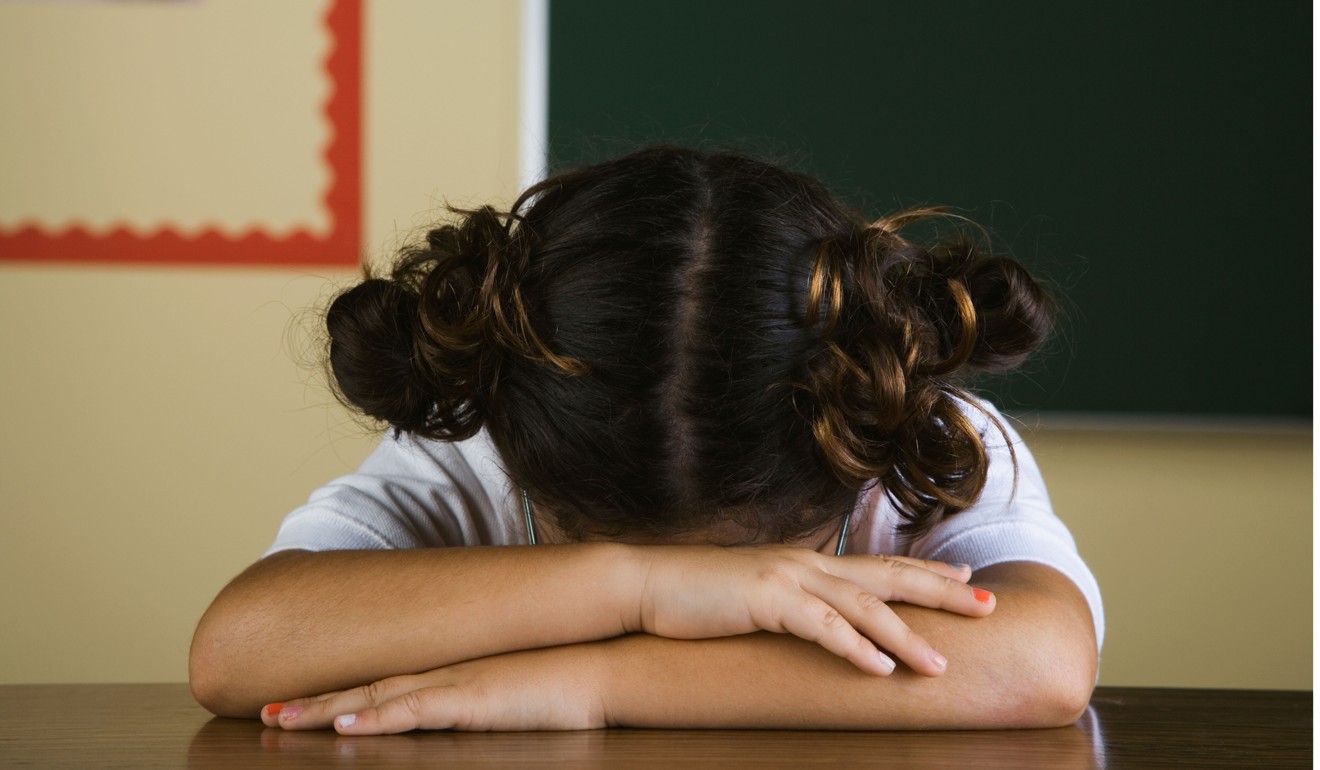
Naughty classmates are distracting my Year 3 child, what should I do?
Too many disruptive personalities in a primary school class can have a negative impact on quieter children. Sometimes parents need to step in to make sure teachers are aware of the problem
My Year 3 son has become quite reluctant to go to school. He is very quiet and studious, but a lot of boys in his class are boisterous and disruptive. I get the impression from him and other parents that the class teacher can’t really control them. He often has to sit next to naughty children who mess around and distract him. What should I do?
Every primary class has students with a wide range of abilities who demonstrate different behaviour patterns. Although schools often put a great deal of effort into trying to get a good balance within each class, and carefully consider varying academic abilities, personalities, gender and behavioural issues, classes still end up having different dynamics. Just one or two badly behaved or disruptive pupils can have a negative impact on the learning culture in any classroom.
Will having a substitute teacher affect my child’s development?
Certain mixes of children just do not work; some wind each other up and even have a negative effect on children who are normally well behaved. Others are simply boisterous and disruptive, which can be upsetting for quieter children such as your son.
A productive, secure and calm atmosphere is vital for a productive learning environment. Educational research shows that if students are anxious or uncomfortable in class, their ability to learn effectively decreases. Therefore, the situation you describe may well affect your son’s concentration, motivation and general happiness at school.

I recommend you tell your son’s teacher how he is feeling so they can check in with him regularly and use strategies to help him feel more positive about school. Teachers sometimes use good role models like your son as seating partners with less disciplined pupils, so make sure that he too has options to sit with compatible seating partners for different activities so he is not constantly distracted. Wearing earphones to aid concentration or having opportunities to work in quieter areas of the school can also help.
Despite [teachers] having strategies in place, the behaviour of some pupils can remain challenging, even for experienced teachers
Schools usually teach children strategies for dealing with different social interactions, including situations where their peers are unfriendly or annoying. Year 3 pupils still need to build skills and resilience in this area. Discuss with your son a couple of strategies he can use to reduce the distractions in class and focus on the tasks at hand. Self-monitoring his own learning and reactions to adversity is a powerful tool for him to use.
My child is left-handed, should I speak to her teacher about it?
At the same time, be aware that children exaggerate situations at times, and rumours in the playground are not always true. If you offer to help in your son’s class on a regular basis, or on school trips, you can get a true feel of the dynamics within the class as well as giving extra support to the school.
Key to promoting good behaviour is for teachers to build a stimulating learning environment and positive relationships with pupils who are pushing the boundaries. The classroom needs to be structured with clear, consistent routines and high expectations of effort levels and individual conduct. Despite having all these strategies in place, however, the behaviour of some pupils can remain challenging, even for experienced teachers.

Modern education pushes students to solve problems and experiment with ideas rather than work through textbooks or simply collect facts. This type of approach – more freedom and less structure – can be difficult for some pupils.
Inappropriate or silly behaviour, with young boys in particular, can merely be the result of a lack of maturity. It can also stem from a variety of other reasons, including difficult family circumstances and a lack of boundaries at home. Sometimes it is down to attention-seeking; some children lack attention at home because their parents work long hours or are busy with other activities.

Concentration difficulties can be linked to some sort of hyperactivity (either innate or possibly food related) or attention deficit. Although these children are not always in control of their behaviour, constant disruption to everyday classroom activities such as listening to stories, having constructive group discussions and following instructions can be extremely frustrating for everyone.
The reality is that your son will have to tolerate a wide range of people in his life, some of whom have difficult or challenging personalities. Not all boys are boisterous and I’m sure he will find friends who suit his personality and who he enjoys working with.
What’s the point of Hong Kong end-of-year school assemblies?
However, if the current situation does not improve, you should take positive action and approach the school again. It is vital that your son feels comfortable and happy in class to reach his full potential.
Julie McGuire is a former Hong Kong primary school teacher
